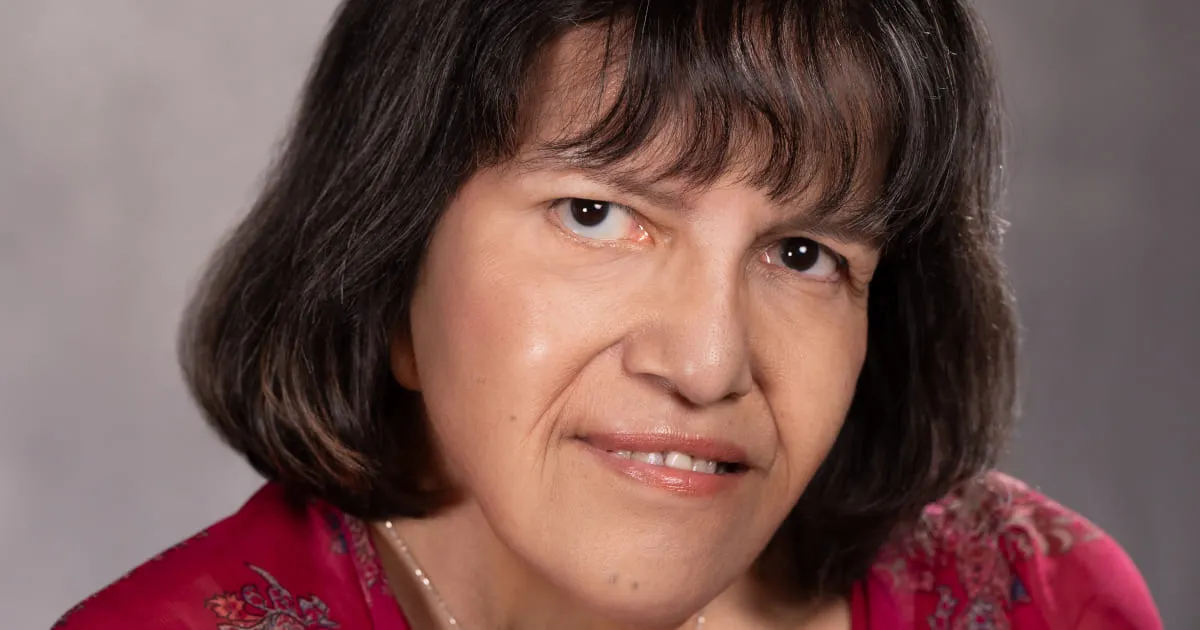This is the story of what it is like to be a single disabled mother raising children, especially considering that I had no prior understanding of the word "poverty." The term was never part of my vocabulary, even though I was a 60's Scoop child.
In the 90s, I moved to East Vancouver with my firstborn toddler while expecting my second child. Over time, I became interested in volunteer work and came across an organization called End Legislated Poverty (ELP). At that time, ELP was a coalition of over 40 groups in British Columbia, working together to educate and organize efforts aimed at reducing and ultimately ending poverty. Founded in 1985, ELP operated under the belief that unemployment and poverty were caused by government policies and legislation, and not by the failings of individuals. For example, low minimum wages and inadequate welfare rates trap people far below the poverty line.
I began searching for and clipping articles regarding poverty issues and the struggles of individuals living on social welfare programs. A longtime anti-poverty and social justice activist, Jean Swanson, educated the public on the meaning of poverty by highlighting the disparities between the wealthy and the poor. Swanson's work illustrated how the majority of wealth is held by a small number of people, which expanded my understanding of how the rich get richer while the less fortunate become poorer.
As a single parent, I had to find resources such as food banks, food vouchers, gift certificates, and emergency grants. Back then, I believe you were entitled to receive assistance once a year for overdue bills or urgent grocery needs. Thankfully, while living in East Van, my children attended an inner-city elementary school, and I resided in subsidized Native housing for the duration. Volunteering for ELP became a driving force in my life, and I gradually developed into a radical activist.
How many of you knew what poverty meant during your early adult years or even in childhood? For me, that word never existed in my upbringing. I often heard the term as a child but associated it with welfare and the 60's Scoop, during which we were treated as government property—often seen as commodities rather than individuals. This struggle was made more challenging by my own various health complications.
Sadly, ELP closed its office doors in the 1990s. Many people like Jean Swanson, Rolf Auer, and Joan Morelli—anti-poverty activists and mentors—were instrumental in shaping my understanding of these issues. During this time, the parents of students at Sir William Macdonald Elementary School volunteered to help fold and mail newsletters titled "The Long Haul" to our readers. This inner-city school engaged in activism for years: advocating for children's lunch programs, latchkey and after-school care, and even camping on Vancouver School Board property during the mid-90s to demand more in-classroom support and address related issues. Some articles from "The Long Haul" include contributions from East Vancouver parents.
End Legislated Poverty was part of a larger international movement fighting for the rights of people living in poverty. ELP's historical work included public education and workshops, research, preparation of educational materials, media interviews, lobbying, referrals for advocacy, and supporting and encouraging people living in poverty. For more information about End Legislated Poverty, you can visit PovNet linked below.
In conclusion, I want to share that researchers have identified nine dimensions of poverty in addition to low income and poverty duration. These dimensions include: lack of decent employment, material deprivation, physical health, emotional suffering, social abuse and exclusion, institutional injustice, powerlessness, and struggle and resistance.
Poverty has never left us, and we must continue to ask ourselves: How many years will we wait to eliminate this "P" word once and for all? I encourage you all to share your stories and work collectively to "ABOLISH POVERTY!"
Sandra Pronteau
Resource: PovNet
